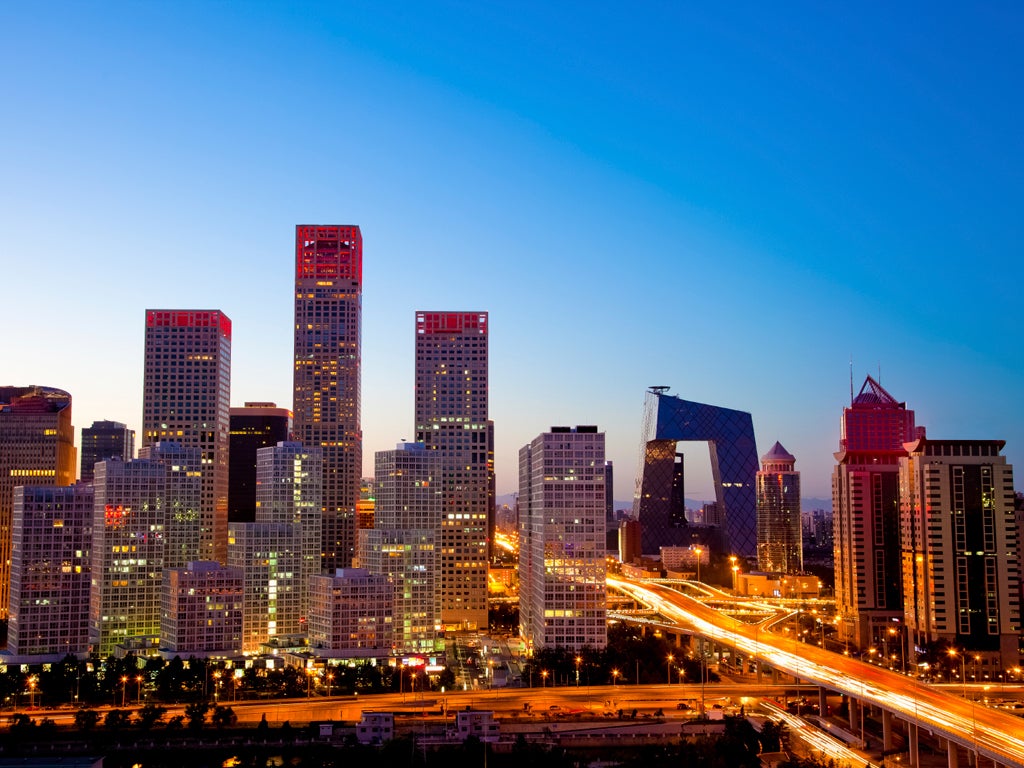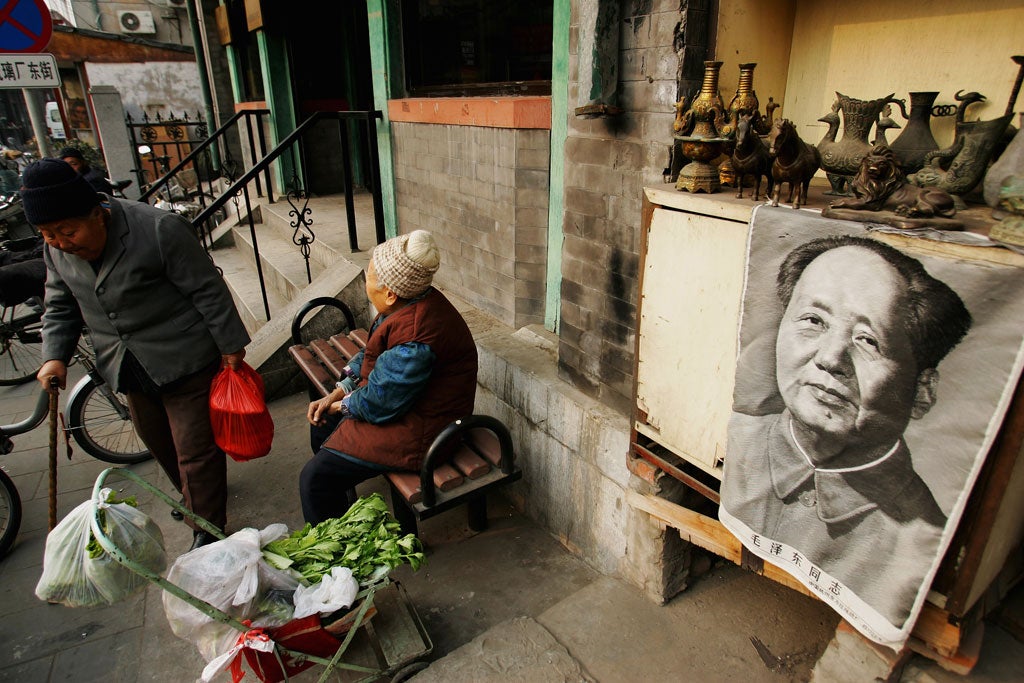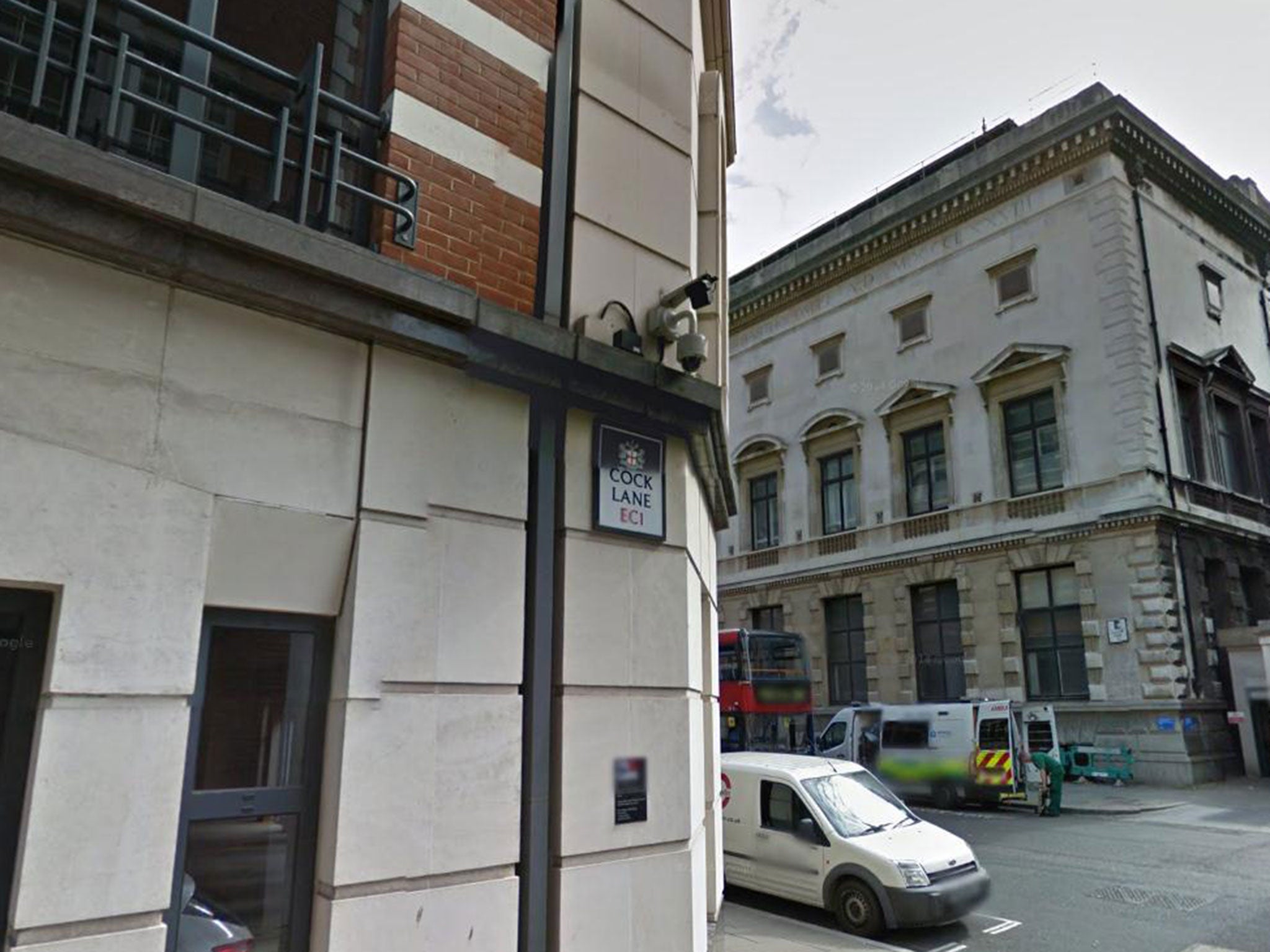Beijing considering ban on roads named after foreigners, dung beetles and prostitutes
The city's government is also banning Chinese leaders' names being used

Your support helps us to tell the story
From reproductive rights to climate change to Big Tech, The Independent is on the ground when the story is developing. Whether it's investigating the financials of Elon Musk's pro-Trump PAC or producing our latest documentary, 'The A Word', which shines a light on the American women fighting for reproductive rights, we know how important it is to parse out the facts from the messaging.
At such a critical moment in US history, we need reporters on the ground. Your donation allows us to keep sending journalists to speak to both sides of the story.
The Independent is trusted by Americans across the entire political spectrum. And unlike many other quality news outlets, we choose not to lock Americans out of our reporting and analysis with paywalls. We believe quality journalism should be available to everyone, paid for by those who can afford it.
Your support makes all the difference.Beijing could ban roads being named after foreigners or mentioning dung beetles, excrement and prostitutes.
The Chinese capital’s municipal government is continuing a crackdown on “indecent words” on signs in plans currently undergoing public consultation.
“No Chinese leaders or foreigners can appear in the names of new Beijing roads,” reported the state news agency, Xinhua. “Hutongs and other ancient names must stay but not ‘excrement’ or ‘dung beetle’.”
Hutongs are areas of narrow alleys between larger courtyard houses that each have a name, usually based on the nearby area, businesses, markets, temples or local landmarks.

One in Beijing was known as “Dung Beetle (qiāng láng) Hutong” and has been renamed with a homophone that sounds identical but means “Always Shining Hutong”.
Vulgar place names were once common in the city, Xinhua reported, often including references to animal excrement or prostitutes. Many have already been replaced with less risqué homophones.

The draft legislation also aims to conserve ancient place names when building new roads and squares, while the mention of foreign places is forbidden.
It is not the first time Beijing has issued such decrees. In 1949, Communist Chairman Mao Zedong reportedly banned naming places after communist party leaders, claiming he wanted to prevent a cult of personality.
Most cities and towns in the UK have road naming rules, although they are rarely so specific.

Cambridge provoked outrage last year when it moved to ban apostrophes on street signs, sparking a guerrilla campaign by grammar purists with marker pens.
The city council later reversed the decision but its policy still outlaws road names that “could give offence”, “encourage defacing of nameplates” or are “difficult to pronounce or awkward to spell”.
London is littered with streets named after monarchs, former Prime Ministers, politicians, authors, inventors and the aristocracy.
But the capital, along with most British cities, has also seen censorship of naughty names, including the changing of several roads called “Gropec*** Lane” that were known for prostitution.
Several humorous names have survived the purges, including Ha-Ha Road, in Woolwich, Cock Lane, in the City of London, and Hooker’s Road, Walthamstow.
Join our commenting forum
Join thought-provoking conversations, follow other Independent readers and see their replies
Comments